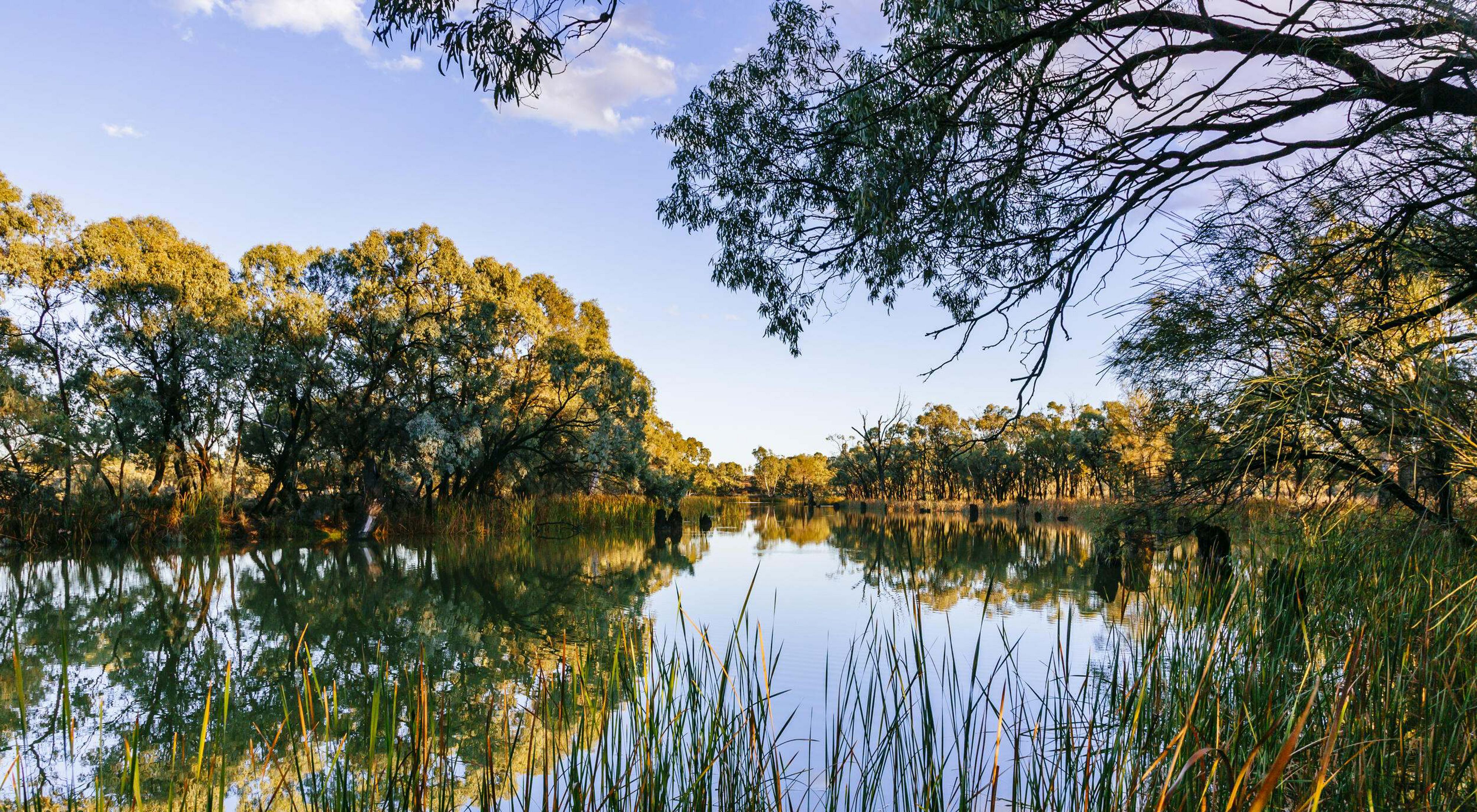Media Contacts
-
Vanessa Billy
Communications Manager
The Nature Conservancy Australia
Phone: 0478 638 180
Email: vanessa.billy@tnc.org
The Nature Conservancy Australia (TNC) welcomes the recent passing of the Nature Repair legislation through the parliament.
Alison Rowe, TNC’s Managing Director, said this was an important step towards the creation of a national biodiversity market.
Quote
Our world faces a dual climate and biodiversity crisis. We need robust action now to protect and repair Australia’s unique nature.
Quote: Alison Rowe
To do this, we need adequate financing, including instruments that will drive investment into repairing and restoring ecosystems and landscapes. Biodiversity markets have the potential to be an important contributor to conservation both on and off protected areas in Australia
TNC also welcomes the exclusion of offsets from the Bill. “Conserving and repairing nature requires a strong and unwavering commitment to financing conservation and repair actions undertaken by landholders and stewards,” Ms Rowe said.
“Voluntary markets will continue to play a crucial role, as they encourage private landholders to care for nature on their land. However, no instrument alone will be able to finance the considerable effort needed to protect Australia’s biodiversity, and it will take several years before these markets are operating at scale.
Dr James Fitzsimons, Senior Advisor, Global Protect for The Nature Conservancy, said that voluntary markets need to be seen as part of a mix of financing instruments for nature.
“It is crucial that governments at state and federal levels keep investing in protected areas.
The recently released Pathways to 30x30 report, co-authored by TNC, WWF-Australia, Pew Charitable Trusts and the Australian Land Conservation Alliance (ALCA), details how Australia can meet its commitment to protecting at least 30% of its land by 2030 (30x30) and stop biodiversity loss.
The report outlines the need for the creation of a dedicated $5 billion fund to purchase land of high biodiversity value for new public, private or Indigenous Protected Areas. Other key recommendations include:
· Continued investment into Indigenous Protected Areas: through this program, traditional knowledge is integrated with modern conservation strategies, creating a unique approach to environmental protection.
· Support for the uptake of permanent private land conservation through direct federal support to state and territory private conservation covenant programs. A review into Federal and state taxes, incentives and barriers on private land conservation is also critical.
· Partnerships with states and territories to identify areas of high conservation significance on unallocated land and transition them into conservation tenures.
“We are delighted to see the financing of nature conservation and repair be a priority for the Government. We look forward to continuing to work on solutions at scale that will allow Australia to reach its ambitious 30x30 goal and take a leadership role on the world stage,” Ms Rowe said.
Learn more about 30x30 and the Pathways to 30x30 report.
The Nature Conservancy is a global conservation organisation dedicated to conserving the lands and waters on which all life depends. Guided by science, we focus on getting things done efficiently and with the greatest positive impact for conservation. We’re a trusted organisation working in more than 70 countries and territories around the world on innovative solutions to our world’s toughest challenges so that nature and people can thrive together. To learn more about The Nature Conservancy in Australia, follow us on Facebook.
